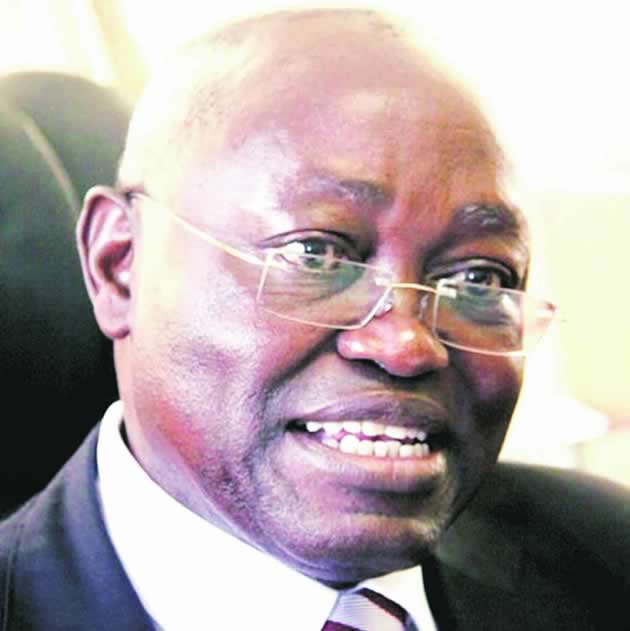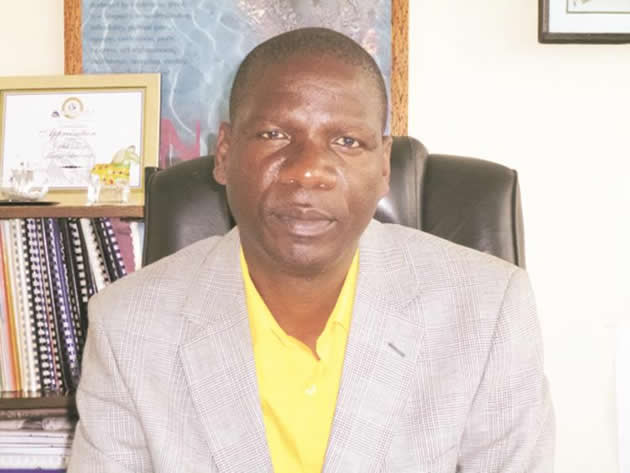Analysts hit back at Zuma comments

Herald Reporters
South African President Jacob Zuma yesterday received a backlash when he appeared to blame a wave of xenophobic attacks that recently rocked his country on neighbouring countries which he said were failing to provide for their citizens.
Analysts blasted President Zuma, saying his statement was an insult considering that fellow African countries played a crucial role in the emancipation of South Africa and the development of its industry.
In his Freedom Day address to mark South Africa’s 21st independence anniversary, President Zuma took a swipe at countries that have criticised his government for the violence targeted at migrants.
Digressing from his prepared speech, President Zuma fired a salvo at critics asking: “As much as we have a problem that is alleged to be xenophobic, our sister countries contribute to this. Why are their citizens not in their countries and in South Africa?”
He appeared to be particularly piqued by Nigeria’s decision to recall South Africa’s Acting High Commissioner Mr Martin Cobham and Deputy High Commissioner Mr Uche Ajulu-Okeke in protest over attacks on its citizens.
Continuing with his off-the-cuff remarks, President Zuma said apartheid had left a legacy of psychological sickness in South Africans, which needed healing.
“Apartheid was a violent system and it produced violent counter-measures to it,” he said. “So people still believe that to fight authority you must fight government. They get excited, they burn the tyres; they block the roads; they destroy property exercising their rights, but interfering with the rights of many.”
He said the African Union’s push to promote peace, stability and democracy in every corner of the continent will in the long run reduce the need for people to migrate “towards the South”.
“The promotion of intra-Africa trade, regional integration, infrastructure and other economic interventions is also designed to improve the economic situation in sister countries,” said President Zuma.
“The end result will be that brothers and sisters will eventually no longer need to leave their countries in search of a better life.”
Legal and political analyst Cde Jonathan Samukange said the statement by President Zuma was an insult.
“When South Africans were fighting for independence, the Zimbabwean Government assisted in training its professionals with some lawyers being employed by our Ministry of Justice and Parliamentary Affairs,” he said.
“I personally worked with some South Africans in the Attorney-General’s Office after our independence, but Zimbabweans never attacked them for taking their jobs.
“How can they now turn around and say that to us? I believe if the South Africans we worked with in the AG’s Office are still alive, they must be ashamed considering the nice treatment we gave them here.”
A senior lecturer at Midlands State University, Dr Nhamo Mhiripiri, said President Zuma had exhibited naivete by his “unfortunate” statement.
“Due to some colonial and apartheid advantages South Africa has grown into a bigger economy that takes advantage of smaller and developing economies,” he said.
“If we go back to the days when our people would work in the South African mines during the popular Wenela era, we will find that the neighbours actually assisted in building the economy of South Africa. Even now, our professionals are at the centre of South Africa’s economy.”
Renowned social commentator Mr Cont Mhlanga said South Africa would soon degenerate into chaos “because its young people have been taught to kill people who are richer than them”.
“Zuma and company are preparing their young ones to kill their own people,” he said. “The problem in South Africa is deeper than xenophobia, as the country shall soon find out.”
Mr Mhlanga said the real issue in South Africa was skewed wealth distribution that left a few citizens extremely rich, while the majority wallowed in poverty.
He said the economic model that the country inherited from the apartheid era would be its undoing.
“Zuma should not pretend to be dull,” said Mr Mhlanga. “South Africa will get a rude awakening if they do not solve their problem urgently. No country, even America, can survive without migrant labour. Zuma’s comments are even more unfortunate, considering that he was once a refugee here in Zimbabwe, staying in Umguza.”
Information, Media and Broadcasting Services Minister Professor Jonathan Moyo weighed in on Twitter: “President Zuma’s Freedom Day speech has controversial remarks given recent xenophobic attacks in SA.
“Zuma says AU peace and democracy efforts in Africa ‘will in the long run reduce the need for people to migrate towards the South’. Really?”
Dr Lawton Hikwa, an analyst with the National University of Science and Technology, was more sympathetic to Zuma, insisting his candid comments would force African countries to introspect.
“I don’t think it was his aim to denigrate other countries,” he said. “It’s a wake-up call to fix our economies so that our people don’t find South Africa that attractive.”
Zimbabwe, Mozambique, Malawi and Zambia repatriated hundreds of their citizens caught up in the violence, but victims also included immigrants from further afield, including Nigerians.
Official government figures show seven people have been killed in the attacks, but witness’ accounts seem to suggest there could be more.












Comments